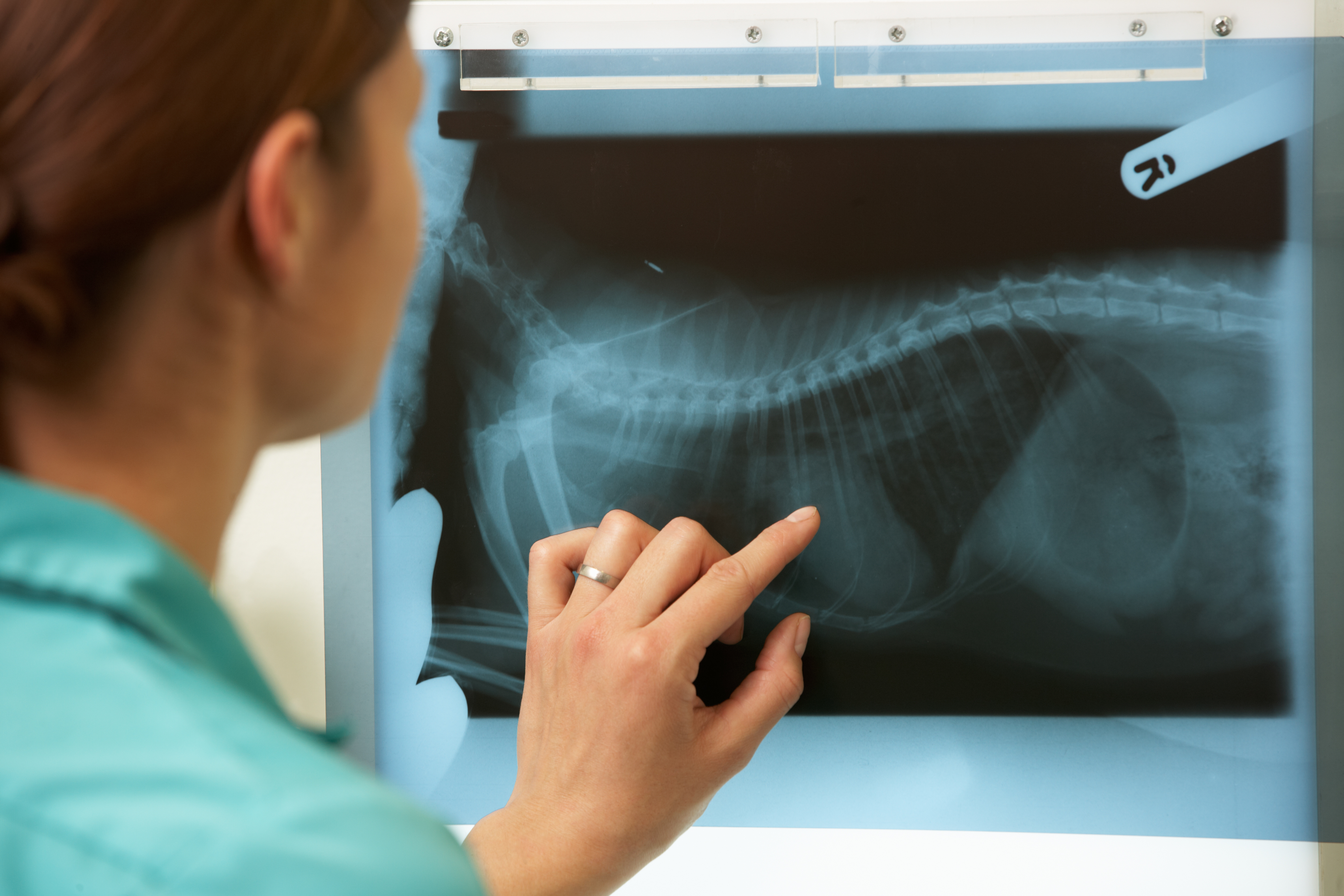The Importance of Veterinary Laboratories and Testing for Cats and Dogs
The Importance of Veterinary Laboratories and Testing for Cats and Dogs
Blog Article
The health of pets is a top priority, and keeping them healthy requires effort. Veterinary diagnostic services play a crucial role in preventing diseases for domestic pets.
In this discussion, we’ll delve into the importance of veterinary labs and highlight the most common exams.
What Are Veterinary Labs?
Diagnostic labs for pets provide health assessments for testing biological materials. They provide critical insights to tailor care to the pet’s needs.

Typical procedures usually includes:
- Sample collection: Blood, urine, or feces are prepared for analysis.
- Advanced diagnostics: Specialized tools and methods analyze the findings.
- Results interpretation: Data supports treatments for better care.
Essential Tests in Veterinary Labs
Veterinary labs offer many tests to detect illnesses early. Common exams include:
- Blood analysis: Detect anemia or chronic conditions.
- Urine testing: Spot urinary tract infections.
- Digestive system evaluations: Identify digestive disorders.
- Allergy testing: Diagnose food or environmental allergies.
- Radiographic evaluations: Check internal organs.
How Testing Supports Pet Health
Consistent lab work helps catch problems early. By addressing concerns promptly, your pets can recover faster.

Why diagnostics matter include:
- Longer, healthier lives: Vets can tailor treatments.
- Lower medical expenses: Emergency costs are avoided.
- Trust in their well-being: Regular tests keep you informed.
laboratorio de exames veterinarios
Conclusion: Veterinary Labs as a Cornerstone of Pet Health
Animal diagnostic centers ensure pets get the best care possible. By using these valuable resources, you ensure your pets are healthy.
Schedule a diagnostic exam now and ensure their happiness and longevity!
Report this page